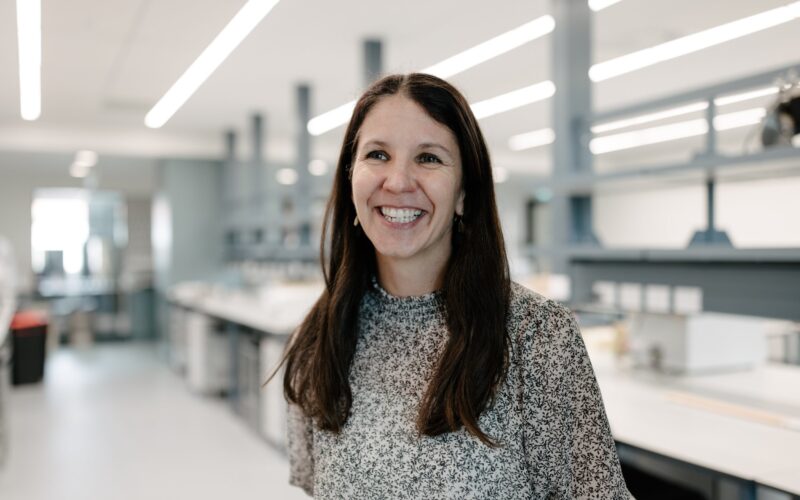The Environmental Protection Authority has approved an application from Daisy Lab Ltd to produce dairy-identical proteins using genetically modified organisms in a contained facility.
The EPA’s general manager hazardous substances and new organisms, Dr Chris Hill, said precision fermentation has the potential to offer significant savings in land use, water use and reduction in carbon footprint.
Daisy Lab holds an existing approval to genetically modify two types of yeast in containment – which in this case means in a secure laboratory environment.
“This new approval will allow them to scale up the work already underway and increase production,” Hill said.
“As part of this approval, Daisy Lab will be required to put in place several controls, which will ensure the genetically modified yeast is contained at all times.”
Following fermentation, the proteins, such as whey or casein, are harvested and purified so all of the genetically modified organisms (GMOs) are removed.
“Similar work is being undertaken internationally and we are confident this work poses no risk to human health.”
The application was made under the EPA’s rapid assessment pathway, which means the decision was provided to the applicant within 10 working days.
Over the past 12 months, Daisy Lab has scaled its process from milligram volumes to the production of prototype consumer products such as ice cream, yoghurt and cream cheese, using beta-lactoglobulin.
“What sets Daisy Lab apart from our global competitors is that we developed our strains and fermentation protocols with the downstream process in mind,” CEO and co-founder of Daisy Lab Irina Miller said.
“Our fermentation liquid is uniquely suited to be processed using existing industrial dairy equipment, such as decanters, microfiltration and ultrafiltration membranes, and spray-dryers.”
Dr Nicole Freed, chief science officer and co-founder, who worked with the EPA to prepare and obtain approval, expressed her excitement about the future opportunities this milestone presents for Daisy Lab.
“We invested significant time and resources into preparing our application, and it’s gratifying to see our efforts pay off,” she said.
Freed also acknowledged the support received from the EPA in navigating the legislation that regulates genetic technologies in New Zealand.
“This is a crucial step forward for Daisy Lab and for precision fermentation technology in New Zealand.”










